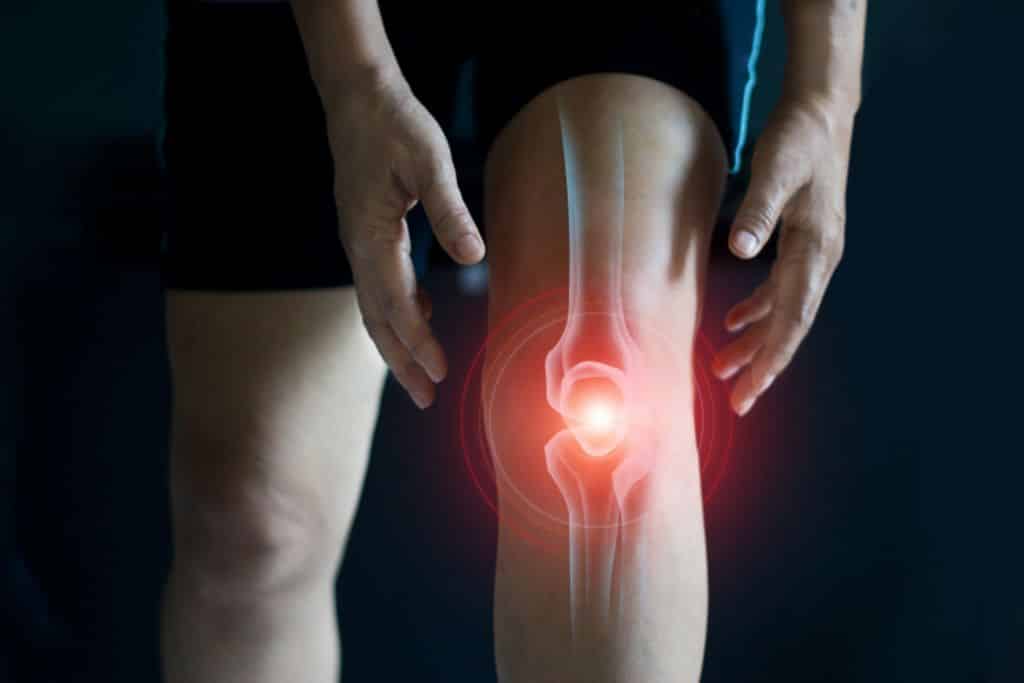Newsletter Signup - Under Article / In Page
"*" indicates required fields
A partner of MedinCell, Arthritis Innovation Corporation (AIC), has registered a phase 3 trial to look into an alternative drug to deal with pain after total knee replacement (TKR).
Arthritis Innovation Corporation conducts and finances all development activities of the drug F14, or mdc-CWM, being trialed.
It was registered with the safety and efficacy study on the public trials registry, clinicaltrials.gov, and enrollment of the first patients is expected this month. It will be carried out in the U.S. and was designed in consultation with the Food and Drug Administration (FDA).
Medincell partner
F14 which is 625 mg of sustained release celecoxib, a formulation of non-steroidal, anti-inflammatory drug (NSAID) is administered concurrent with multimodal analgesia in patients undergoing total knee replacement (TKR) surgery compared to multimodal analgesia alone.
F14 is a sustained-release formulation of the non-steroidal anti-inflammatory drug (NSAID), celecoxib, designed to reduce pain and inflammation and enhance recovery after TKR. It is administered into the intra-articular space at the end of TKR surgery and may provide pain relief over several weeks post-surgery.
Wayne Marshall, CEO at AIC said: “TKR is one of the most invasive and painful surgeries. F14 was designed and developed to reduce surgical pain and swelling, accelerate functional improvement and potentially reduce opioid consumption for TKR patients.
AIC registered trial
“Current single administration post-TKR analgesics have limited durations of efficacy on the order of days, and do not address the prolonged pain and inflammation that typically lasts for many weeks after TKR. F14 is a first-in-class therapy which can address this therapeutic gap and improve the quality of patient outcomes after TKR.”
Typically, the NHS says, patients will be in hospital for three to five days after surgery but recovery time can vary. After discharge, the hospital gives advice about looking after your knee at home. A frame or crutches will need to be used at first and a physiotherapist will teach exercises to aid recovery. This usually goes on for six to eight weeks.
At the moment, full recovery can take up to two years as scar tissue heals and the muscles are restored by exercise.
Total knee replacement
However, Richard Malamut, chief medical officer at MedinCell believes the investigational drug aims to facilitate patient recovery by providing post-operative pain relief for weeks and accelerating improvement in knee function, and potentially decreasing the need for addictive opioids.
He said: “F14 could have a major impact as it could offer physicians a simple yet much-needed therapeutic solution to manage patients’ post-operative pain following TKR. Furthermore, today in the US, 15% of TKR patients become chronic opioid users and thus, a decrease in opioid consumption due to lower post-operative pain would be a positive factor in the long-lasting opioid crisis. This trial will be complemented by an additional trial since two confirmatory efficacy studies are required by regulatory authorities in pain.”
F14 is the third product using MedinCell’s proprietary technology BEPO to reach or to have completed a phase 3 clinical trial.






